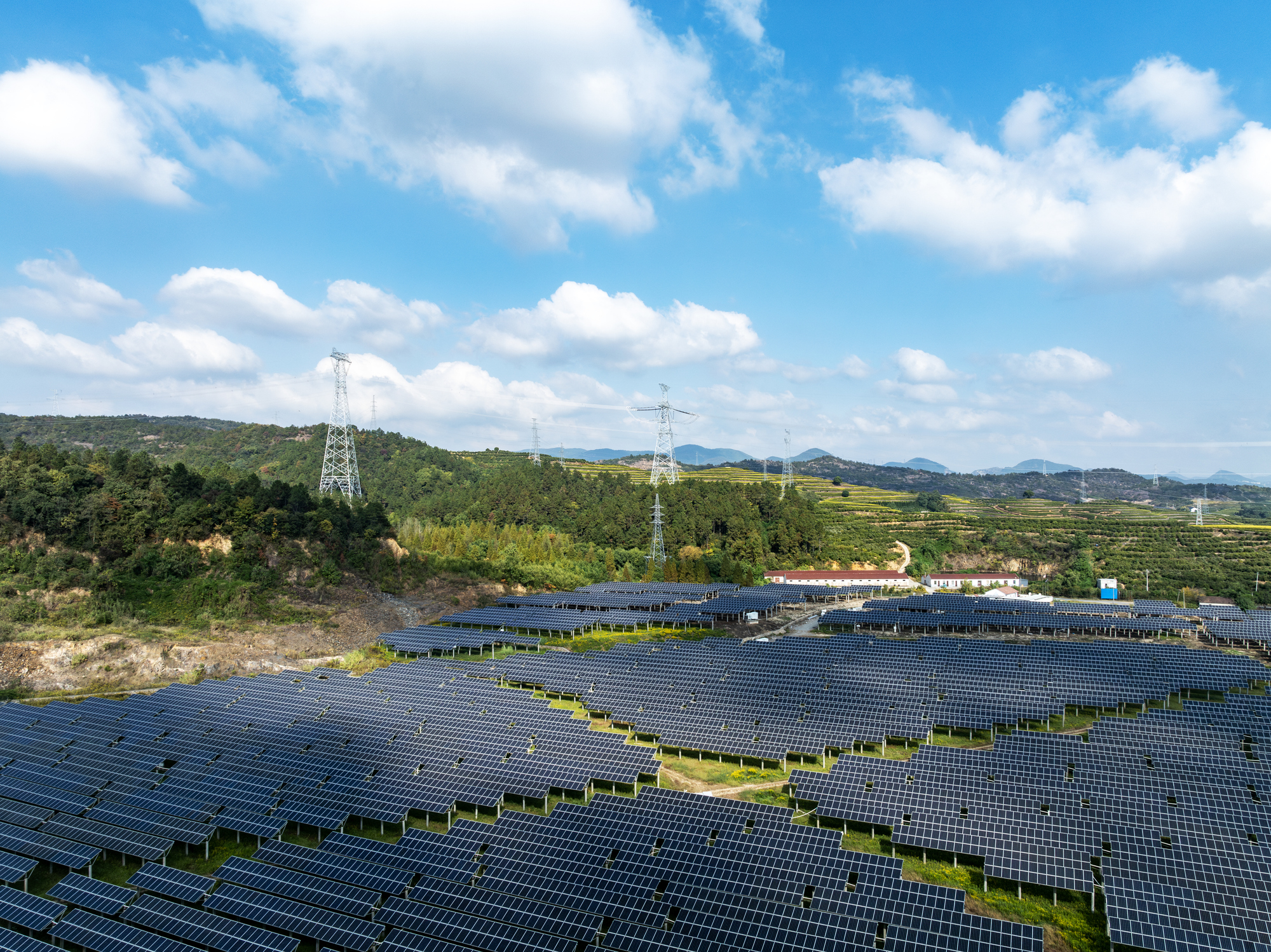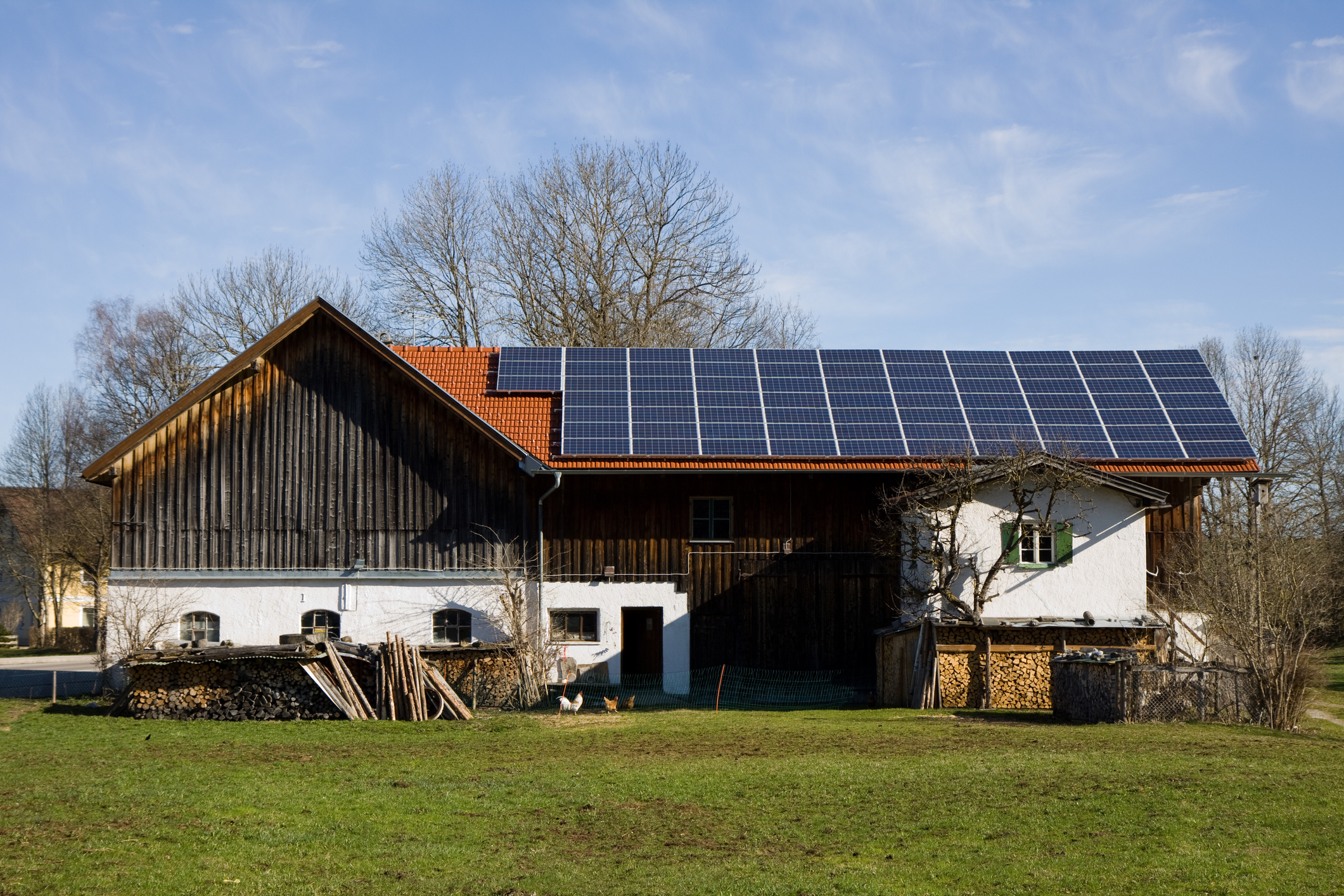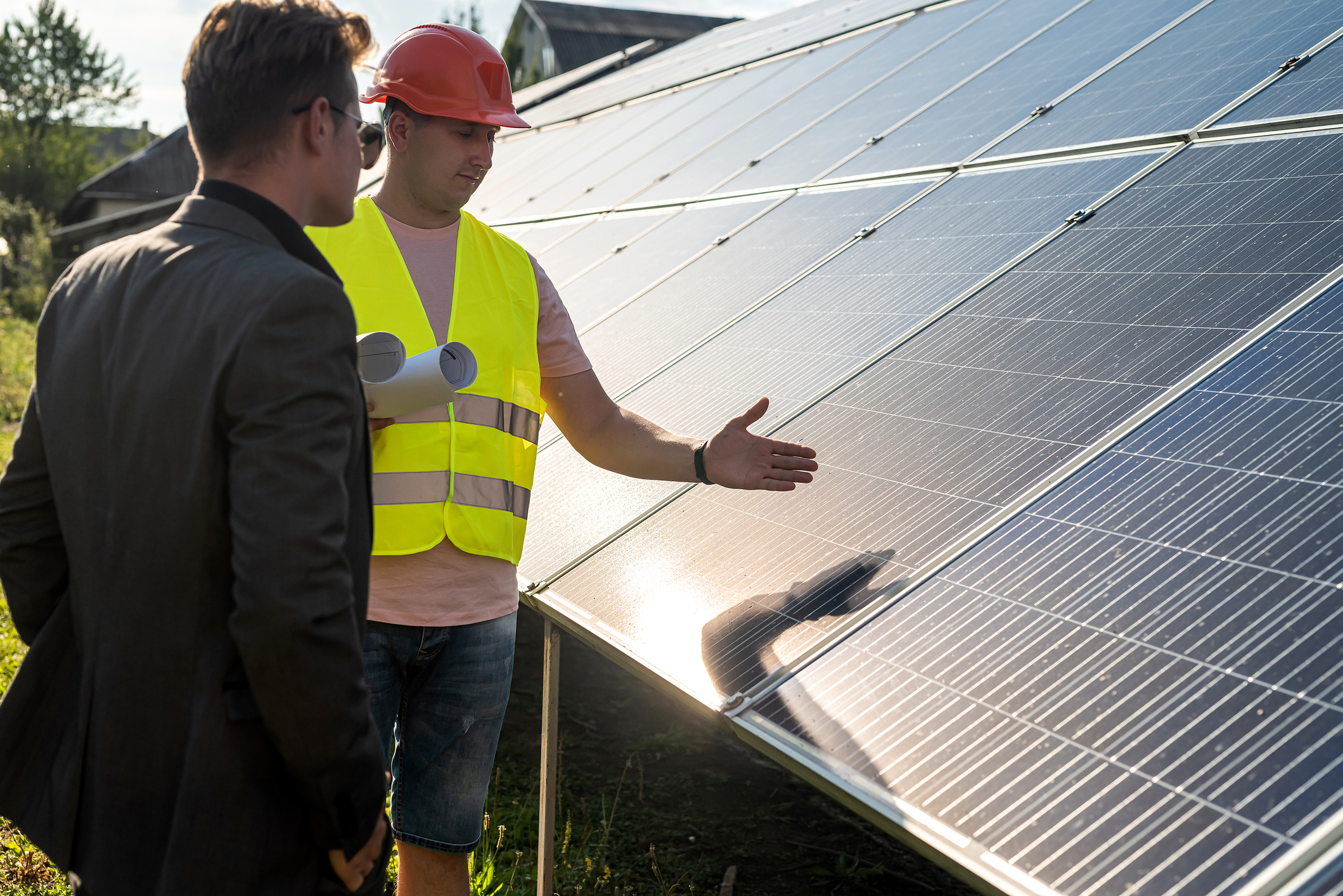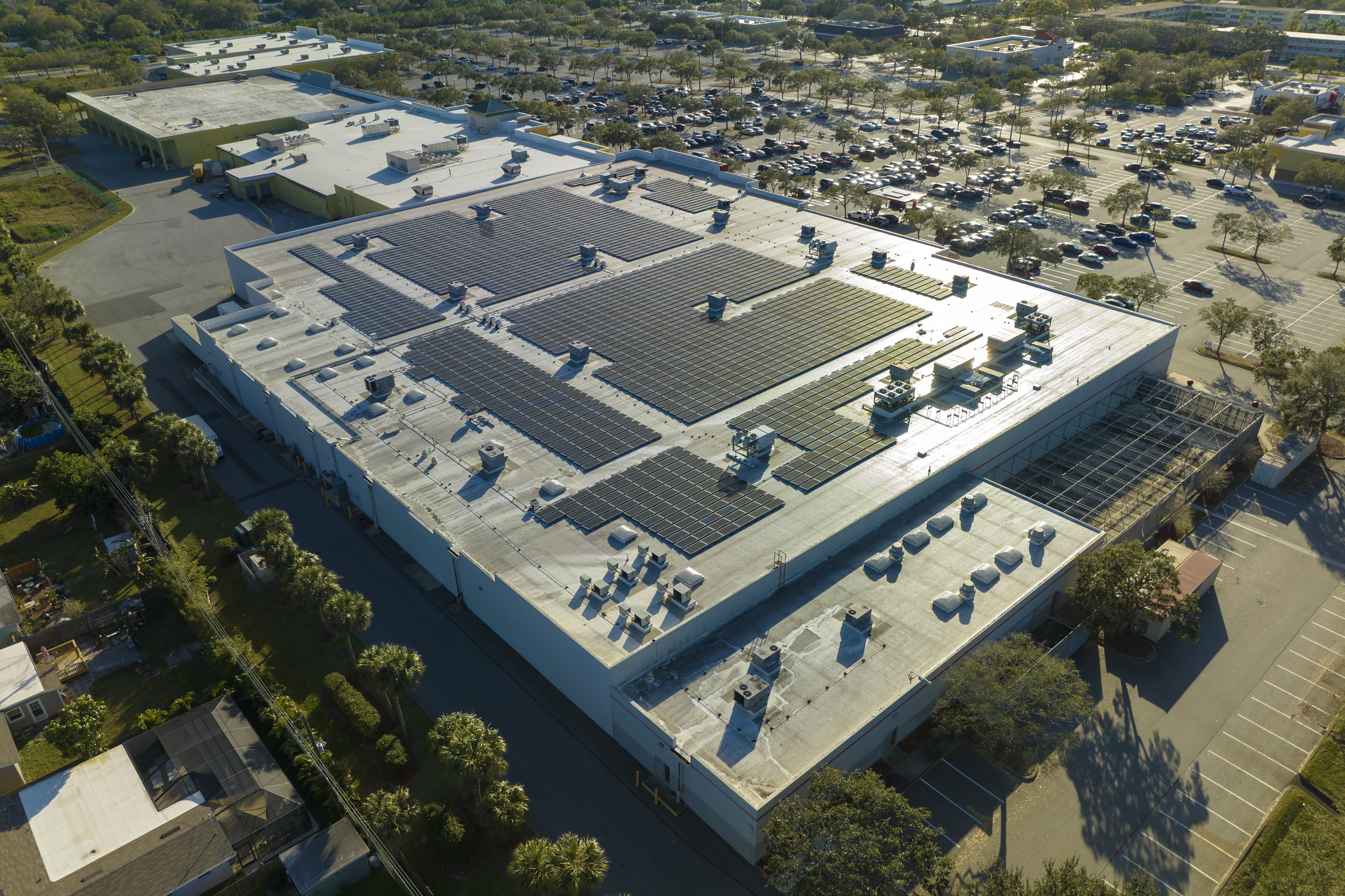The solar energy industry is rapidly evolving, with new technologies, policies, and consumer behaviors driving the adoption of clean energy across the U.S. Texas, a state known for its energy independence, is at the forefront of these trends. In this blog, we’ll dive into the key trends shaping the future of solar energy in Texas and what they mean for residents, businesses, and the state’s energy infrastructure.
Advancements in Solar Technology
The solar panels of today are far more efficient than those of a decade ago. With advancements like bifacial panels (which capture sunlight from both sides) and perovskite solar cells (a next-generation solar material), homeowners and businesses are seeing increased energy output from smaller installations. Solar battery storage has also seen major improvements, allowing consumers to store excess energy for use during cloudy days or at night. Texas homeowners are increasingly adopting solar + storage solutions, giving them greater control over their energy consumption and costs.
The Rise of Community Solar
Not every Texan has the roof space or budget for solar panels, but community solar offers an alternative. In a community solar program, multiple participants share the output of a single solar project, often located off-site. This allows residents, especially those in urban areas, to benefit from solar energy without needing to install panels on their property. In Texas, community solar projects are on the rise, offering a solution to renters, homeowners with shaded roofs, and others who previously had limited access to solar power.
Corporate Solar Adoption
Texas’ commercial sector is also playing a significant role in the solar boom. Major corporations like Amazon, Google, and Tesla have invested heavily in solar energy projects across the state. These companies are not only using solar to power their operations but also as part of broader corporate sustainability initiatives. This trend is expected to continue as businesses recognize the financial and reputational benefits of going solar.
Net Metering Policies and Their Impact
Net metering, which allows solar customers to sell excess energy back to the grid, has been a hot topic in Texas. Although the state doesn’t have a mandated net metering policy, several local utility companies offer their own programs. The rise of solar-friendly utility providers is making it easier for consumers to recoup their investment and contribute to the energy grid. However, changes to net metering policies could significantly impact the growth of residential solar installations, so it’s important to stay informed.
Solar’s Role in Texas’ Energy Independence
Solar energy plays a vital role in enhancing Texas’ energy independence, particularly as the state seeks to reduce its reliance on external power sources and fossil fuels. By generating more power locally and sustainably, Texas can shield itself from the volatility of traditional energy markets, while also reducing carbon emissions. The state’s unique position as an energy leader—both in fossil fuels and renewables—makes it an ideal proving ground for the integration of solar power into the grid on a large scale.
Solar energy in Texas is evolving rapidly, with technological advancements, community projects, and corporate investments driving its growth. As these trends continue to unfold, Texas is positioned to become a leader not just in oil and gas, but in the future of renewable energy. Texans are embracing these changes, with more homeowners and businesses realizing the benefits of solar energy for the environment, the grid, and their wallets.























